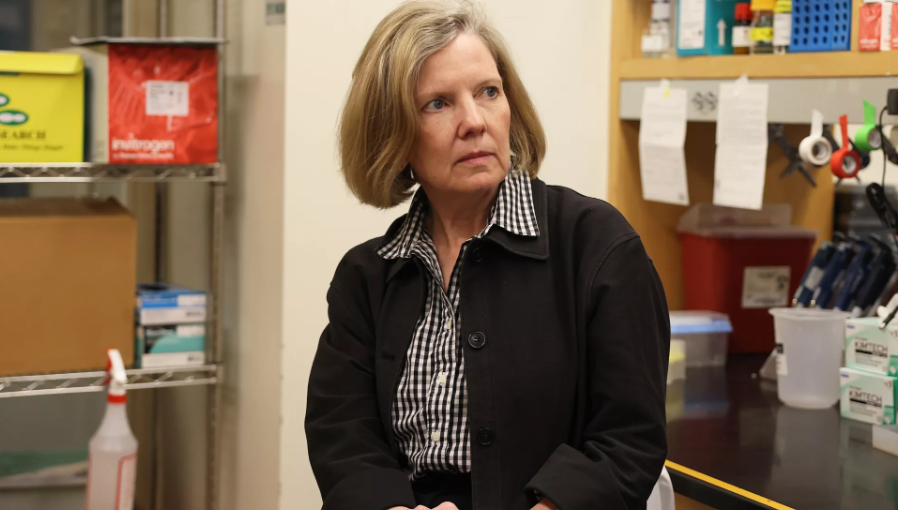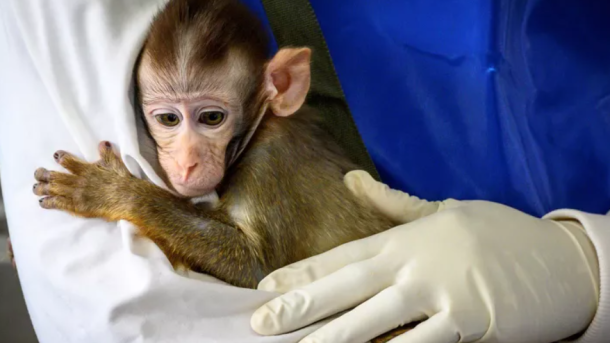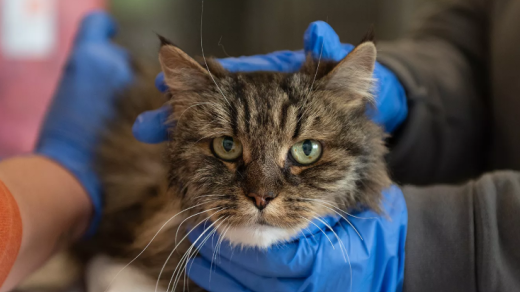Top researchers at Harvard University are expressing concerns that the recent NIH funding freeze, a result of President Donald Trump’s actions, could lead to the loss of valuable research animals. This freeze, implemented on April 15, 2025, directly affects numerous projects, including high-stakes medical research. The decision to withhold $2 billion in federal funding has put the lives of several research animals, including macaques used in tuberculosis studies, at risk of euthanasia if researchers are unable to continue providing proper care.
The Harvard NIH funding freeze follows President Trump’s directive to cut off funding after Harvard failed to meet a list of demands issued by the administration. These included demands regarding diversity programs, admissions data, and policies related to foreign students. Harvard’s president, Alan Garber, responded by publicly defending the university’s autonomy, asserting that the federal government should not dictate the university’s academic and research priorities.

Impact of the Harvard NIH Funding Freeze on Ongoing Research
The freeze doesn’t only affect the immediate research environment—it also has long-term consequences. Sarah Fortune, a lead scientist conducting tuberculosis vaccine research, explained how the Harvard NIH funding freeze jeopardizes her $60 million NIH contract. If the freeze continues, the macaques, whose involvement is essential to the study, may have to be euthanized. Fortune highlighted the emotional and ethical weight of this decision, calling the animals “precious” and expressing the deep responsibility she feels for their care.
With many researchers at Harvard facing similar dilemmas, the Harvard NIH funding freeze threatens to undermine not just medical breakthroughs but also the integrity of ongoing scientific studies. Harvard is one of the first institutions to stand up against the Trump administration’s intervention, unlike other universities such as Columbia, which have already conceded to some of the administration’s demands.
Source: www.people.com



